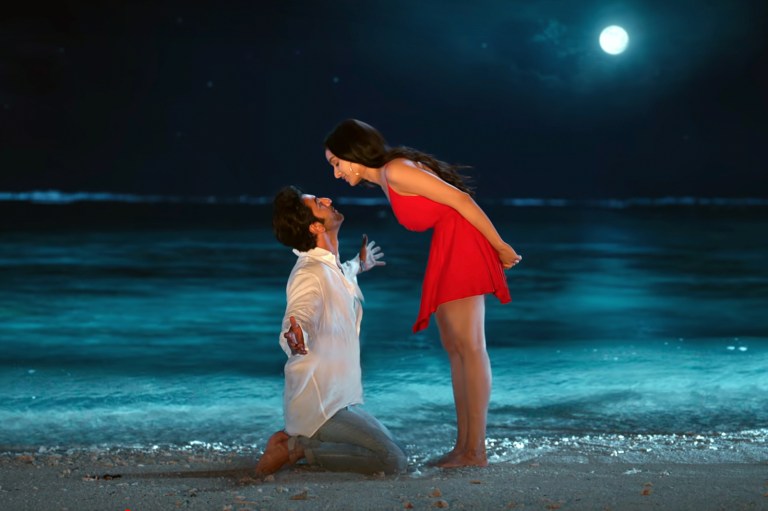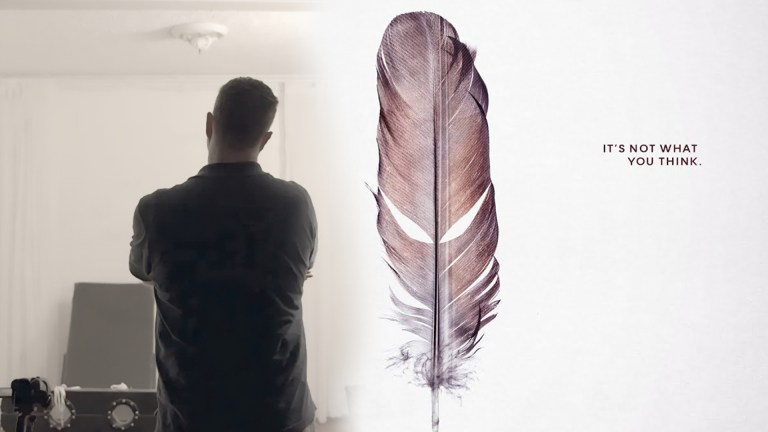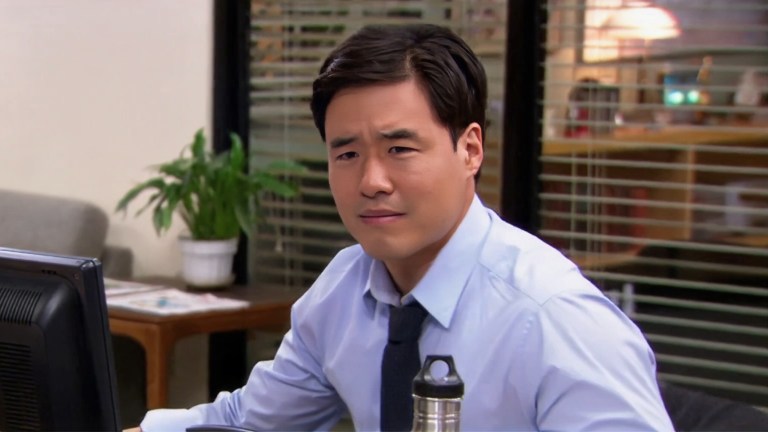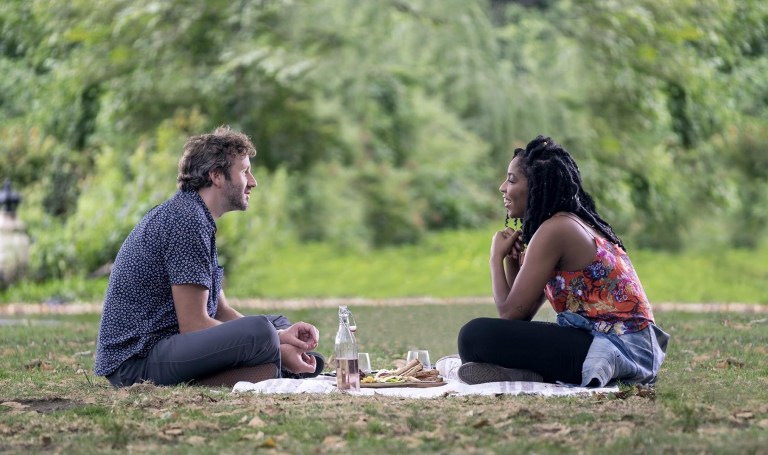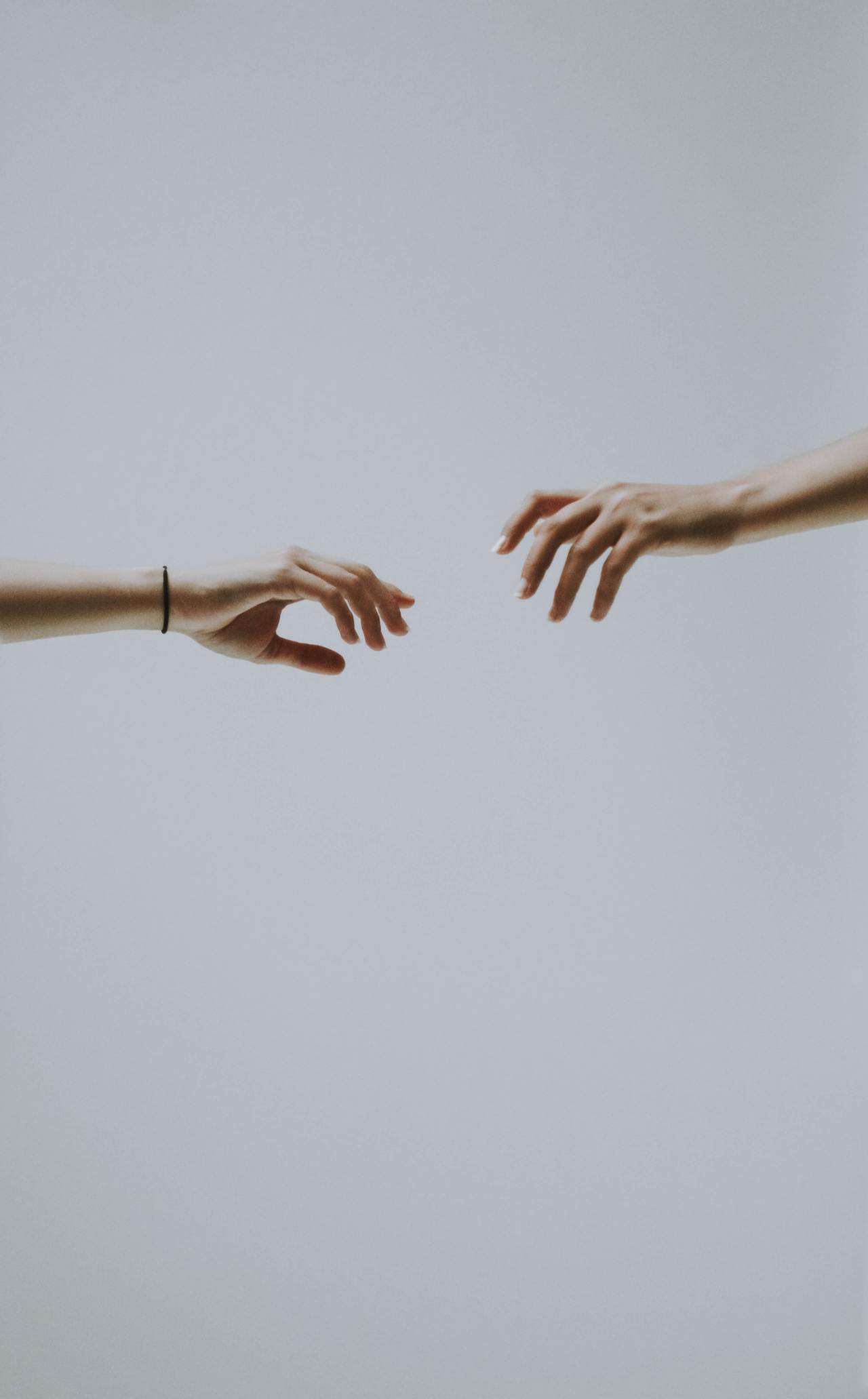
The Things We Lost Along The Way
We have lost so many things along the way. But there is beauty in the fact that I can only grieve these things because I had them once, because they filled me with light and hope and heartache and anguish. And god, how wonderful it was to have had anything worth losing at all.
Trigger warning: Mentions of suicide and death
I could always tell you’d fallen in love with somebody when you started pronouncing their name differently. It was a subtle change, but I could always tell how the syllables tasted fresh on your tongue. You spoke every letter so carefully, as if you wanted to be sure that you could say them in a way no one else ever could. I would’ve found it beautiful, probably, if it didn’t mean you were no longer in love with me.
It is a strange thing, to lose the reverence of someone who once treated you like the most precious, delicate thing. How in one moment you’re so secure in the fact that you’re the center of their solar system, the gravity that brings them to their knees, and then suddenly you’re just another lonely planet lost out in orbit, seeking out the heat of a sun that no longer burns for you. The whole universe begins to look different—or maybe it always looked this way and you just made me see it differently.
The truth is, I’m not even sure I miss who you were to me but who I became when viewed through your eyes. I’ll never again be that person who lived up on your pedestal, who existed purely in relation to you. There were parts of me that you once loved so fiercely that I couldn’t help but start to love them too, but on my worst days I start to wonder if they ever really existed at all. What parts were me and what parts were just what you wanted me to be? How much of myself did I curate just so you would love me?
And maybe this is all for the best. Maybe I’m better for creating an identity for myself that’s separate from that, that can exist even when you’re no longer around to justify it. Maybe that’s how it always should’ve been. But I still can’t shake the feeling that the moment you left, you took something with you, and my worst fear is that it’s something that should still belong to me. I think I’ll spend my whole life trying to make my name sound even half as beautiful as you did.
* * *
The age of my innocence ended four years ago when I woke up to a message saying a family friend had shot himself. The next day, another loved one of mine attempted suicide too. Before then, my life hadn’t been untouched by tragedy, but after it seemed ravaged by it.
I remember the funeral so clearly that sometimes when I close my eyes I can convince myself I’m still there. It was held in a room with ceiling-to-floor windows, but when the sky turned dark, the glass acted as a mirror, reflecting our grief back at us. No one else seemed to want to look directly at it, but I couldn’t look away—not from the redness ringing my own eyes, not from the faces of people I’d never met before but had all been brought together by a cruel act of fate. I felt, deep down, it was my duty to witness their pain, but also to witness the aftermath of what he left behind. To find the traces of love toward him that etched into others’ grief. To know for sure that, no matter how things ended, no matter how he felt at the end of his days, his life mattered.
I still do that, I’ve noticed. Even without the mirrored windows, I find myself unable to look away from tragedy. I want to know the depths of it, the truths, the realities. My friends say I’ve grown morbid; they say there’s a darkness that hides behind my usual glittery sheen. But I think it’s less about feeling fascinated by the macabre and more about accepting it for what it is. It’s about knowing in the very depths of my soul that even in all this chaos, there are some things that should never go ignored.
Because I know now for a fact that it did matter—his life, his love, his loss. That it still does. That those emotions still live here, even if he does not. And it is all so precious, if to no one else, then at least to me.
* * *
No one talked about it when my aunt got sick. There’s something particularly awkward, even embarrassing, about contracting covid when you’re in a pandemic-denying family. Everyone thought it was better to pretend it wasn’t happening. When she was rushed to the hospital weeks later, no one said a word. After she died, I rarely heard anyone speak her name at all.
It’s strange how sometimes you lose people in pieces. When someone is battling for their life for months, you find yourself grieving in stages, letting go of those slivers of hope little by little, over and over again. But if I’m being honest, I started losing my aunt before she ever got sick. The fissures in my family began to form years and years ago, and she and I ended up on different ends of the spectrum. By the time we lost her for good, she had already become unrecognizable to me.
Now I’ve become the person who doesn’t talk about it much, if only because there are no words to explain these complicated feelings. I’m not sure anyone wants to hear them, anyway. The ones who knew her don’t want to hear ill of the dead; the ones who didn’t think I should’ve moved past it all by now. Somehow I agree with both and neither of them at the same time.
I think all of this is to say that I think I lost a lot of faith over the past few years, and in the long, drawn out process of losing my aunt, I lost a part of myself. And I hate that love and hope and optimism can turn into something so ugly in the end. I hate the thing inside of me that’s filled up all that empty space. I’m still hoping that somehow, someday, I’ll leave all of that behind too.
* * *
I lost my mother briefly to cancer when I was 11. I say “briefly” because, by some grace of God or the universe or some other higher power I have yet to meet, after a year of treatment, she survived. This story has a happy ending, but does that make it a happy story?
For years, I missed my mother’s laugh. I missed her smile. I missed the way she made the world feel like it would be okay. I missed the way her love made me feel protected before it suddenly became just another thing that seemed able to be taken away. Sometimes I still miss all of those things, because time kept turning and the world has moved on but there are some things that just don’t come back, not completely. I was too young to understand the weight of what I had before it was gone.
But I am grateful. I am grateful to have a mother who can laugh again, who can smile again, who can still sometimes make the world feel a little less dark than it does on other days. But I’ll never forget the things life took from her, the things they took from me. And I’ll never stop wishing, in some small, futile way, that we could get them back.
* * *
There was a time in my life where I lived in many different places in a short period of time, not because I needed to but simply because I could. I liked the feeling of knowing that I was in control of the coming and going for once, that life couldn’t take away something that I willingly left behind. I liked believing that it was some cure to this lifelong, persistent grief.
But what’s the difference between leaving and being left behind when the result is always the same? Because I look back at those moments of my life now with the same heavy sense of nostalgia that I do with anything else. I think back to those cities I explored and how they still somehow haunt my dreams; I think back to the people I met and how naive I was to think that by controlling the situation, I could ever control the outcome. Because it never made them matter to me any less, did it? It never changed the way they made me laugh or cry or feel so loved, so understood. And it doesn’t change the way my heart aches still when I remember them. It doesn’t change the way it has all changed me.
I guess I’m done trying to force life’s hand, to come out the victor of a situation where there is no winning or losing. Because it’s all a little bit of both, isn’t it? I have gained too much in the past three decades to ever pretend it wasn’t worth it. And I have lost too much to pretend I would’ve been better off without it in the first place.
* * *
I’m trying to do this thing where I look at time differently. I’ve always seen my life as a series of befores and afters—before something started, after it ended. Before I knew someone, after I lost them. Before I became who I am now and who I will be afterwards. All these lines I’ve spent decades drawing have begun to feel arbitrary.
It’s a shame that I’ve learned to treat time so linearly, as if every moment only matters in relation to where I exist in the present. It feels like a disservice to the people I’ve met, the things I’ve seen, the versions that I’ve been. Because there was a time once when all of this meant everything to me, where we existed in that space between before and after and where I think, in some ways, we may exist still.
We have lost so many things along the way. But there is beauty in the fact that I can only grieve these things because I had them once, because they filled me with light and hope and heartache and anguish. And god, how wonderful it was to have had anything worth losing at all.
